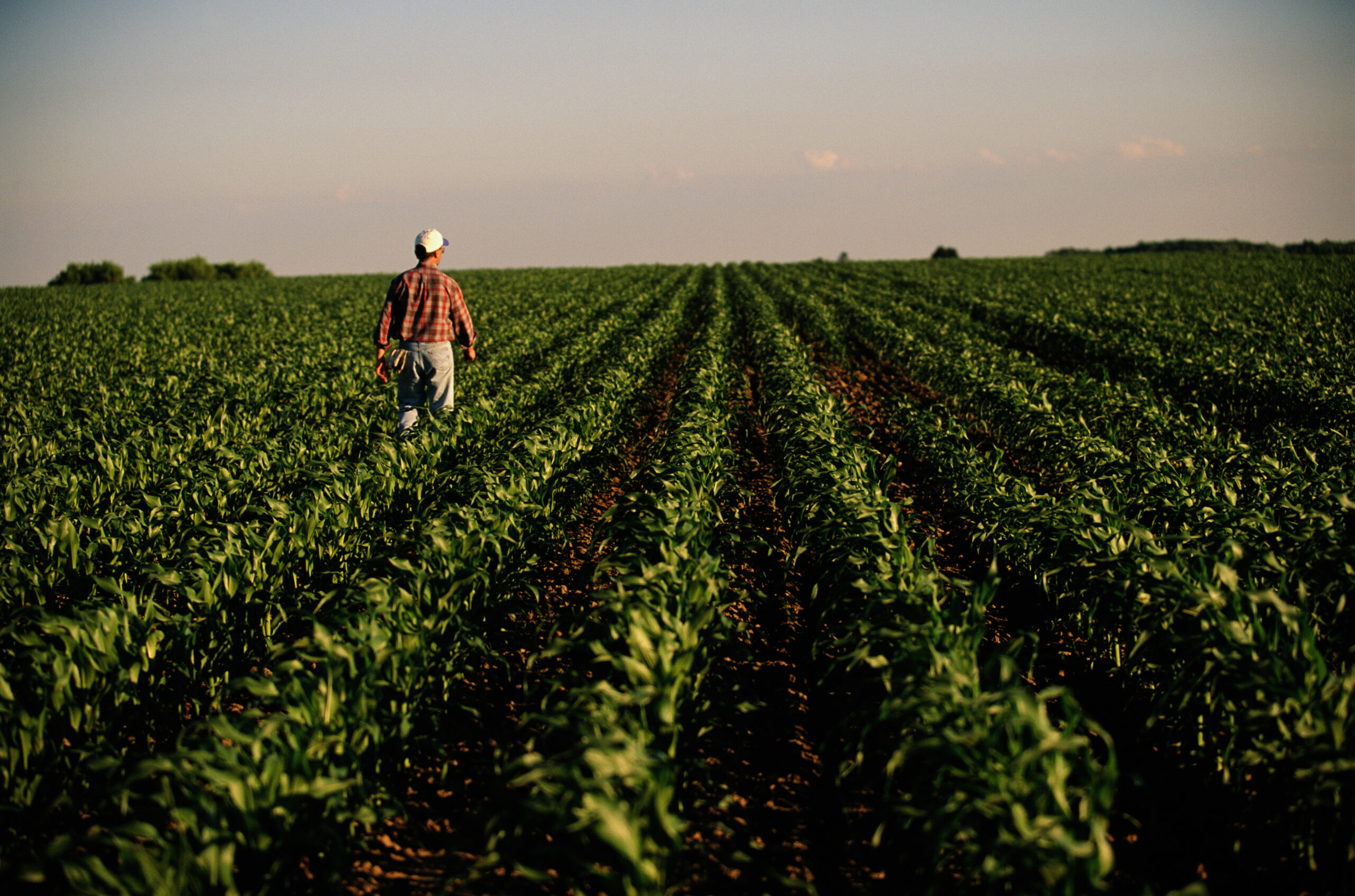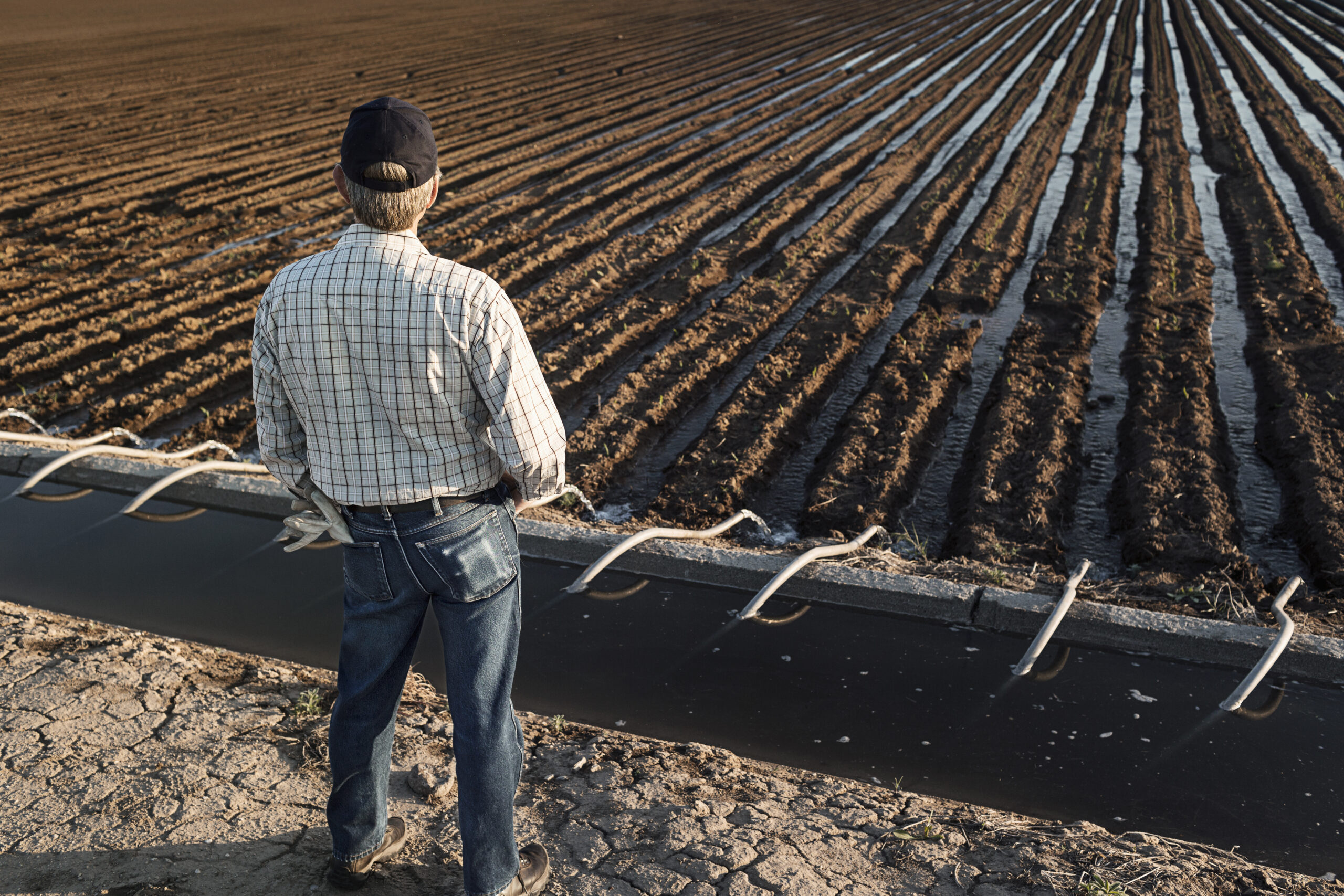
The DOGE Impact Tracker
The human toll of Trump-Musk's 'efficiency' initiative
How DOGE Cuts at USDA and USAID Are Hurting Farmers: “Very Unsettling and Very Stressful”

“It’s very unsettling and very stressful,” said Ben Palen, while driving his truck in rural Kansas. He’s a fifth-generation farmer whose family has been working the land since 1855. And he’s alarmed by the Trump administration’s recent cuts to programs at the U.S. Department of Agriculture and USAID.
In the last two months, the Department of Government Efficiency, led by billionaire Elon Musk, has eliminated USDA programs to encourage better conservation practices and the USAID’s Food for Peace program, which put money in the pockets of many farmers across the country.
“They get money from the government to reimburse them for certain conservation practices,” said Palen, whose family has a 15,000-acre farm that grows wheat and raises cattle. “The farmer puts up the money first and they expect to see it repaid. And right now, there’s a real question of whether they’ll be reimbursed. And they are pretty nervous.”
Most of the programs are aimed at changing irrigation practices to use less water, or to change farming programs to use less fertilizer and to keep a cover crop on the soil, Palen told Capital & Main. “They come out and give you advice on how to take care of the land, and that’s really valuable.”
He noted that the $2 billion Food for Peace program, which bought crops from farmers to feed the hungry around the world, “is a big market to lose, and the credibility of the U.S. is really coming into question around the world. People here and abroad have counted on this program.”
USAID Cuts Worry Kansas Farmers Who Depend on Food Assistance Sales

The U.S. Agency for International Development, shuttered by DOGE in early February, has run the Food for Peace program, which buys surplus crops from farmers and donates it to hungry people around the world.
Now farmers in Kansas, who sell their crops to county co-ops that negotiated sales with the U.S. government, are worried about the loss in revenue. The Economist reports:
The federal government allocated $1.7 [billion] for Food for Peace in 2023, which went towards farms — but also to truckers and barge operators that get commodities to ports. Kansas accounts for 57% of American sorghum production, almost all for export. The loss of USAID means one less big customer. Kim Barnes, the co-op’s chief financial officer, is cold-calling potential clients to find new markets.
“A co-op went under last year,” he says, and he predicts several more will close this year, causing local farmers to lose their equity.
